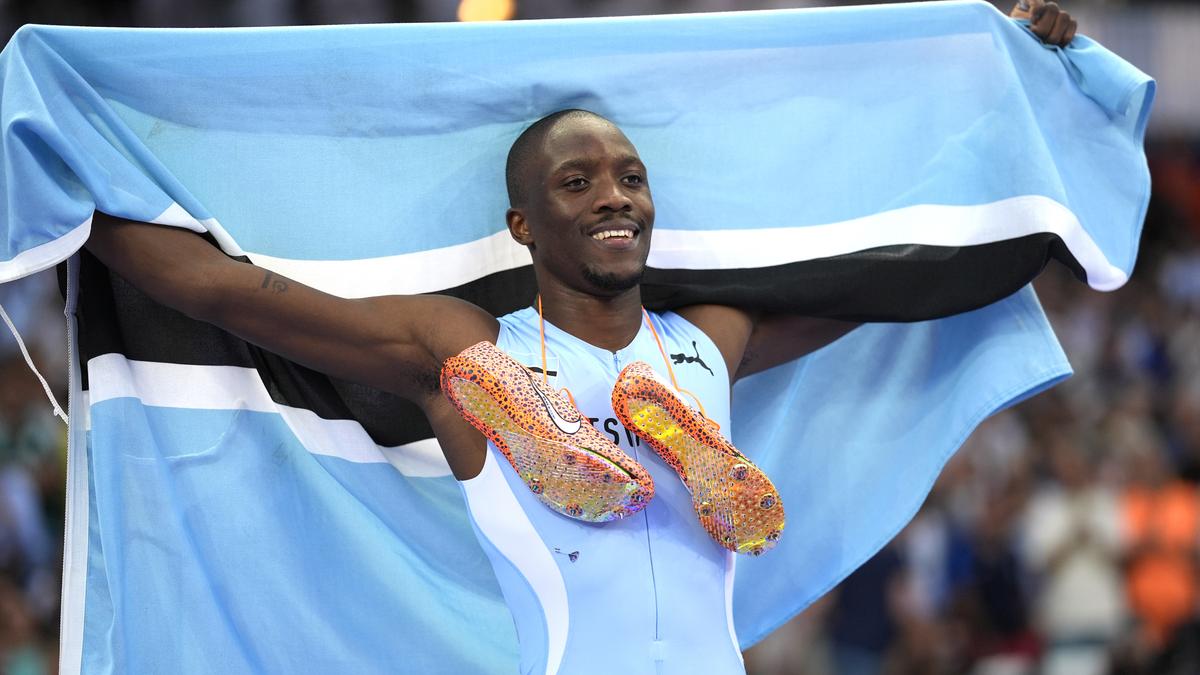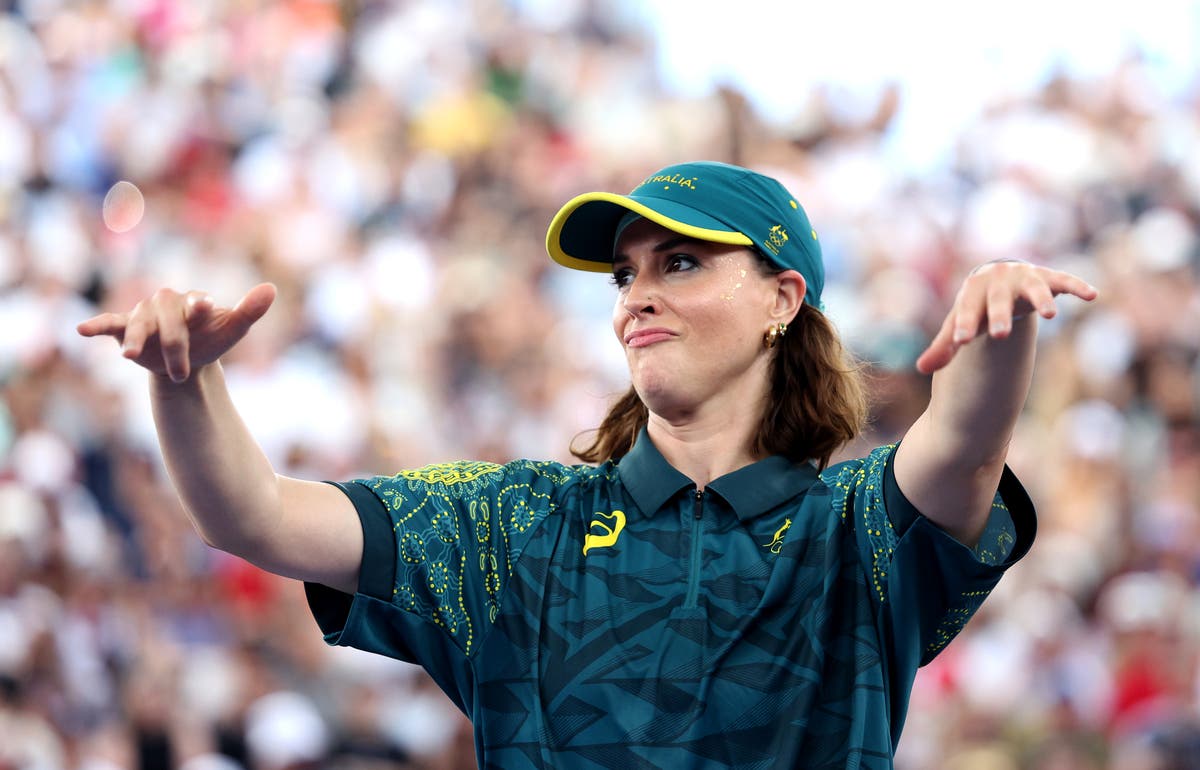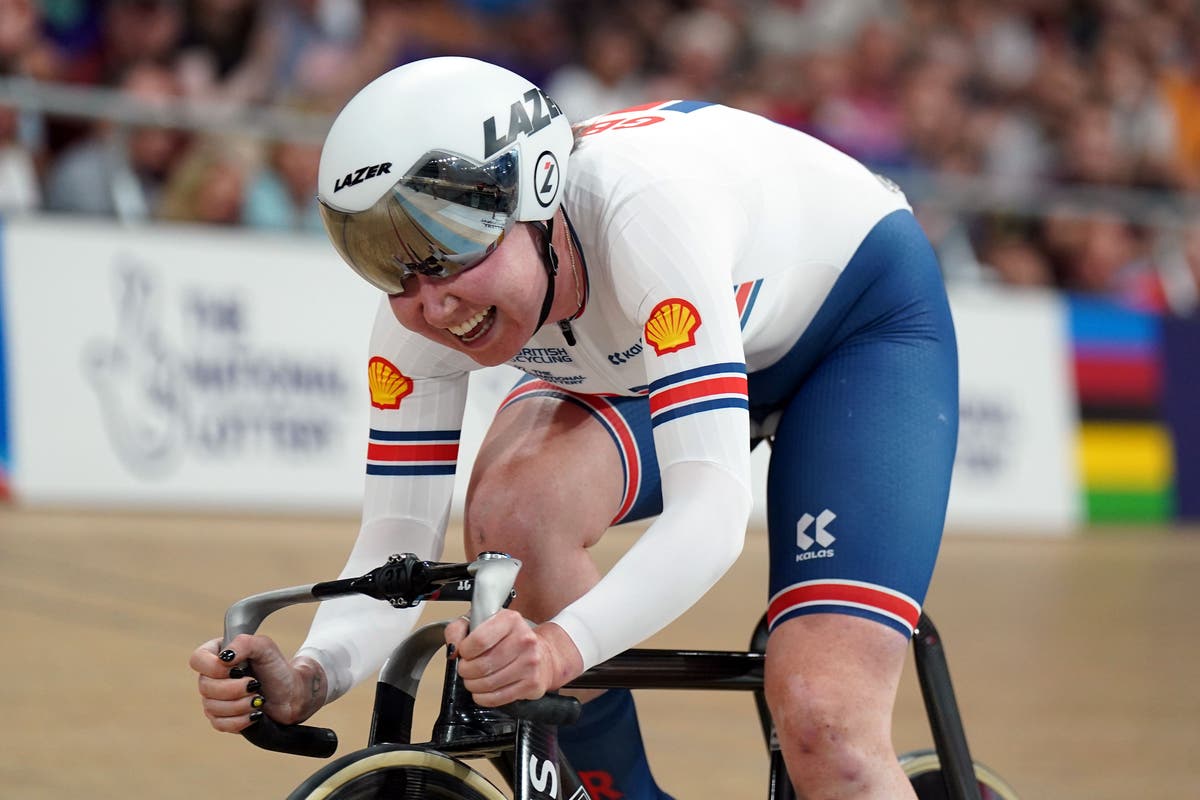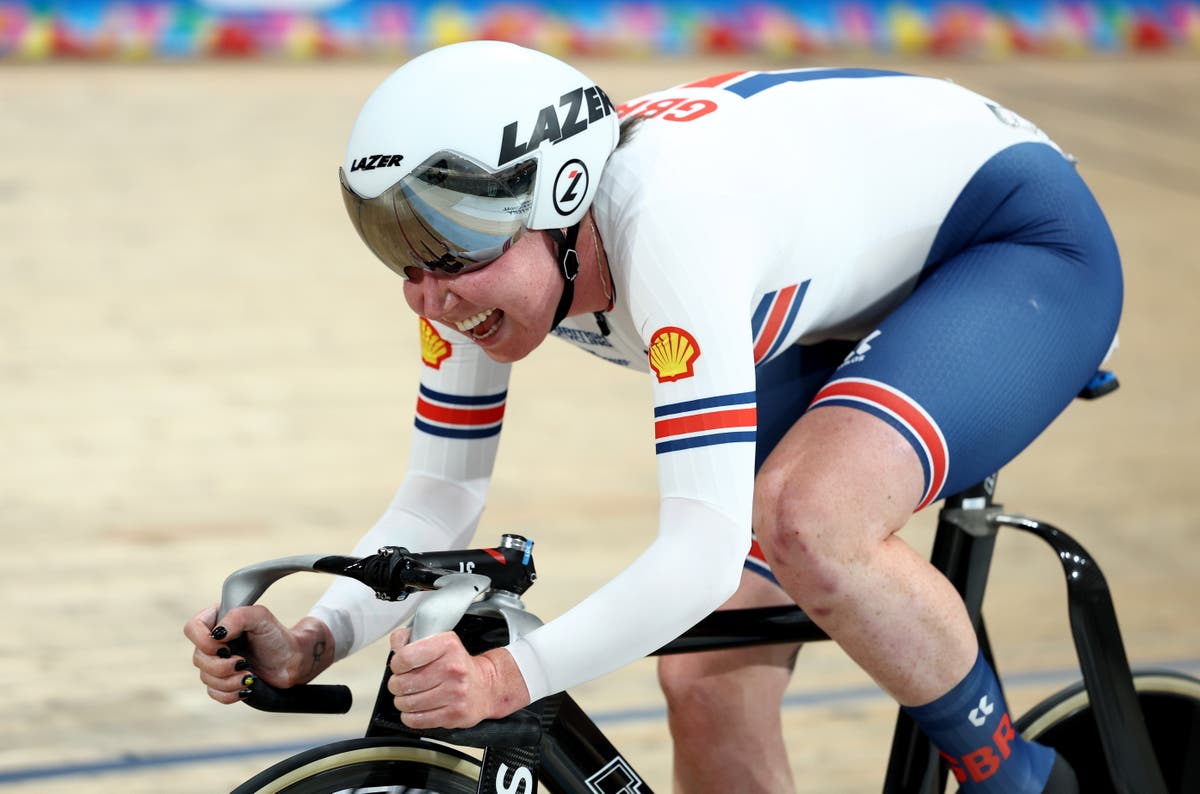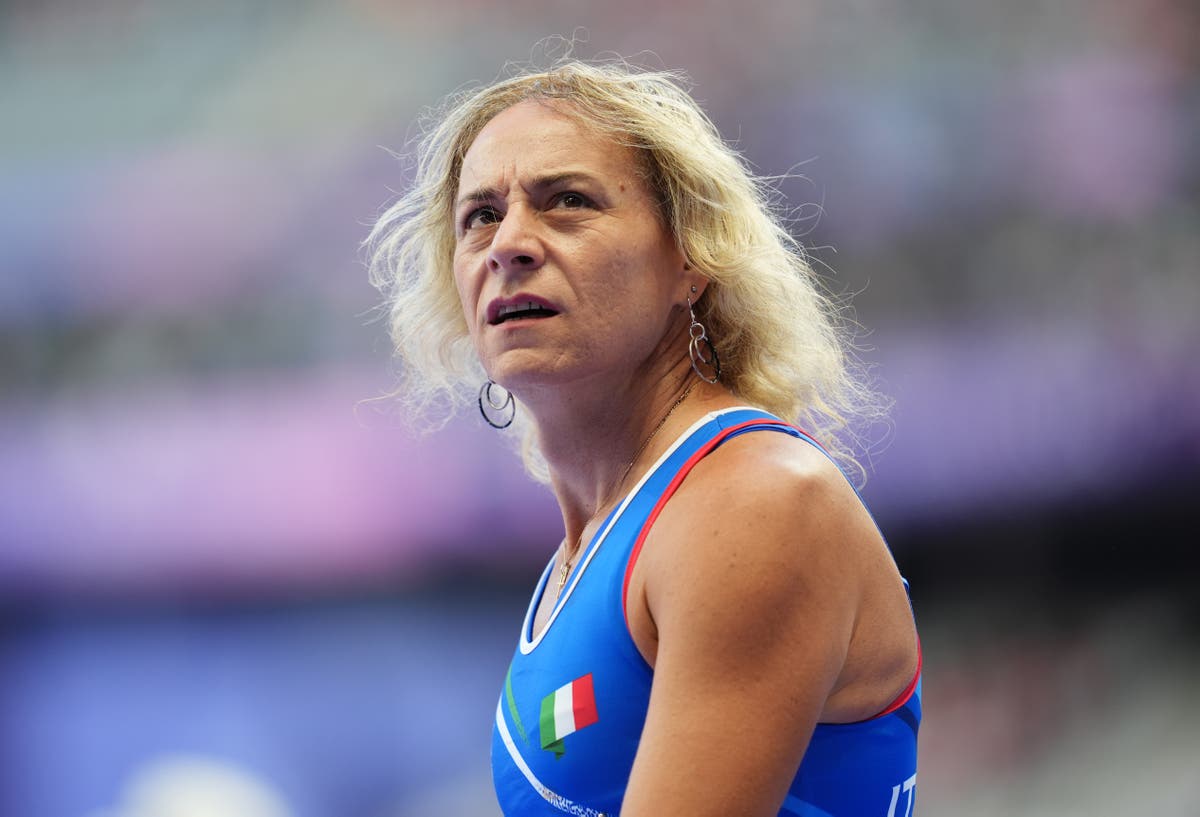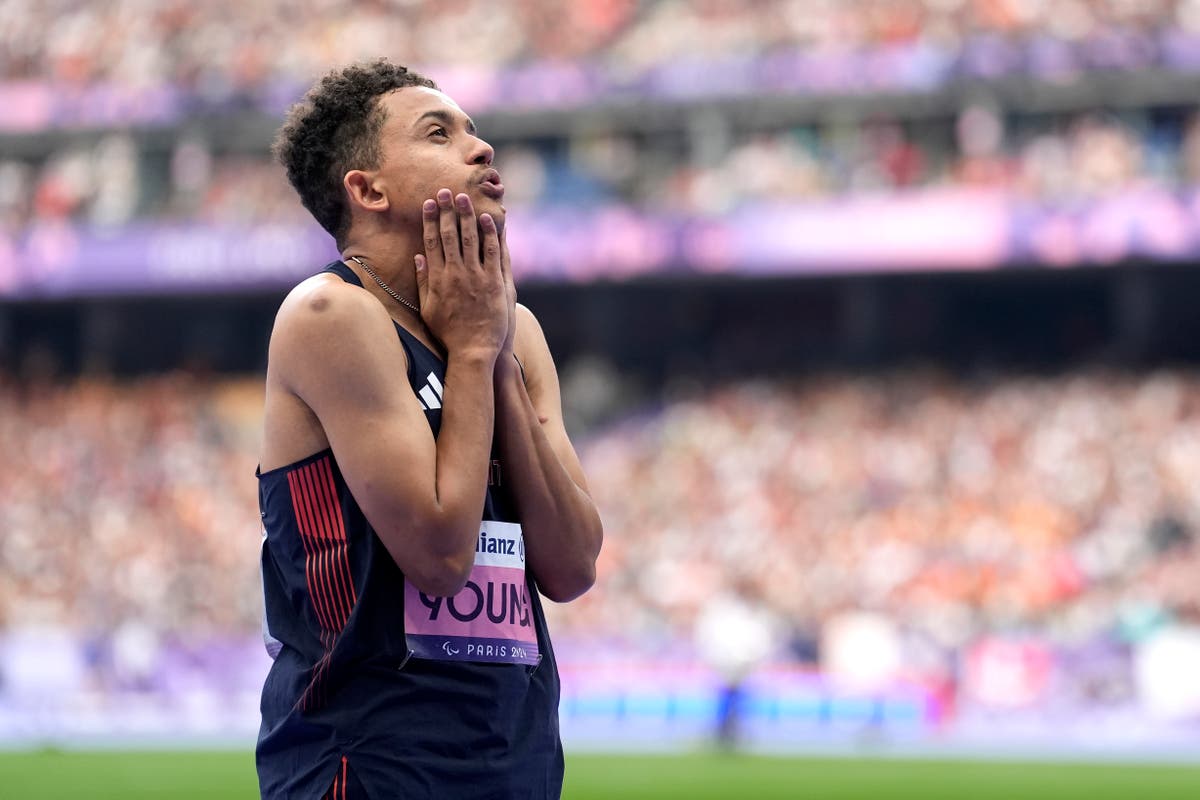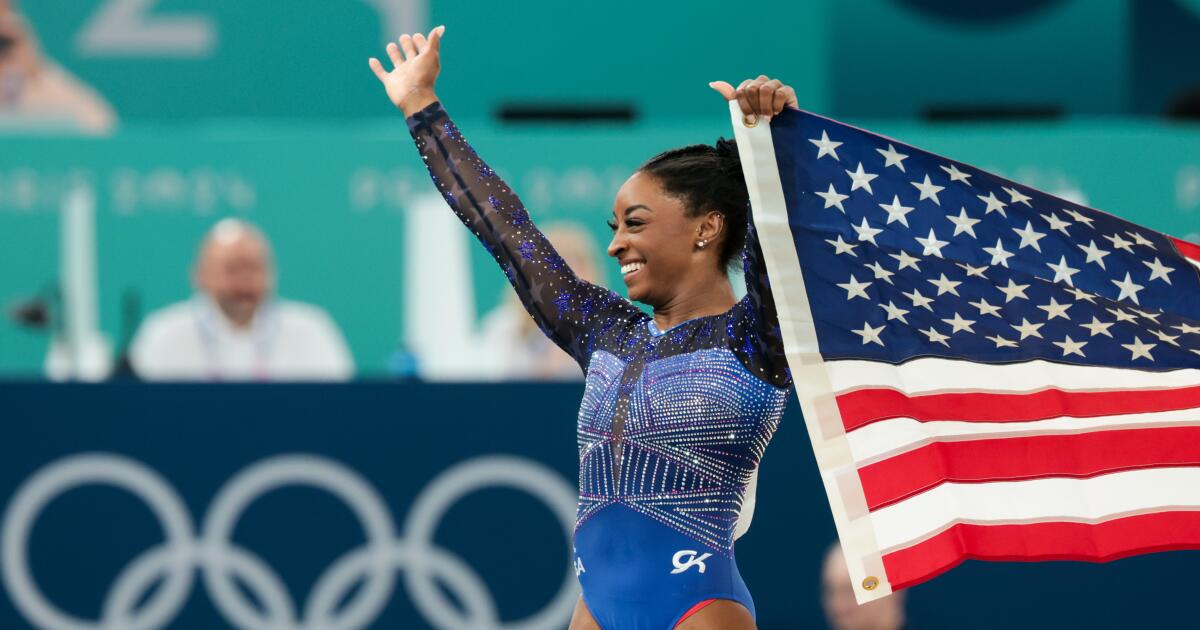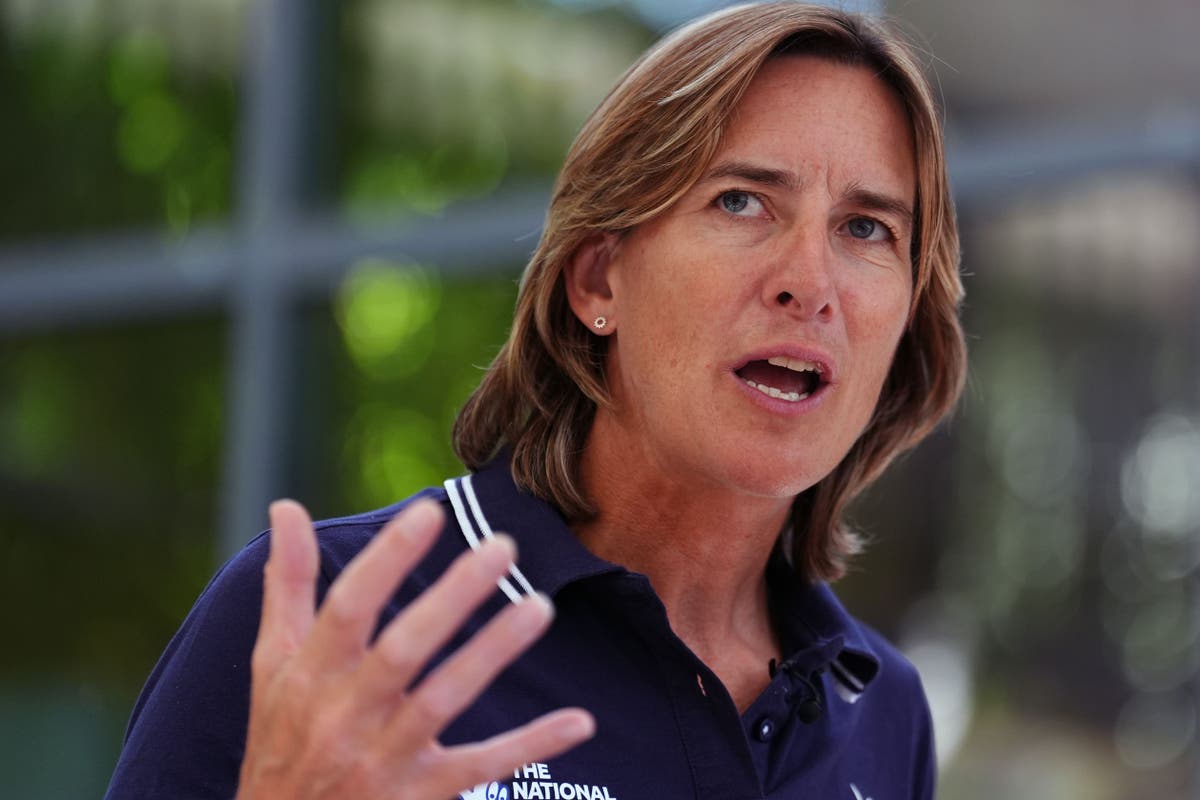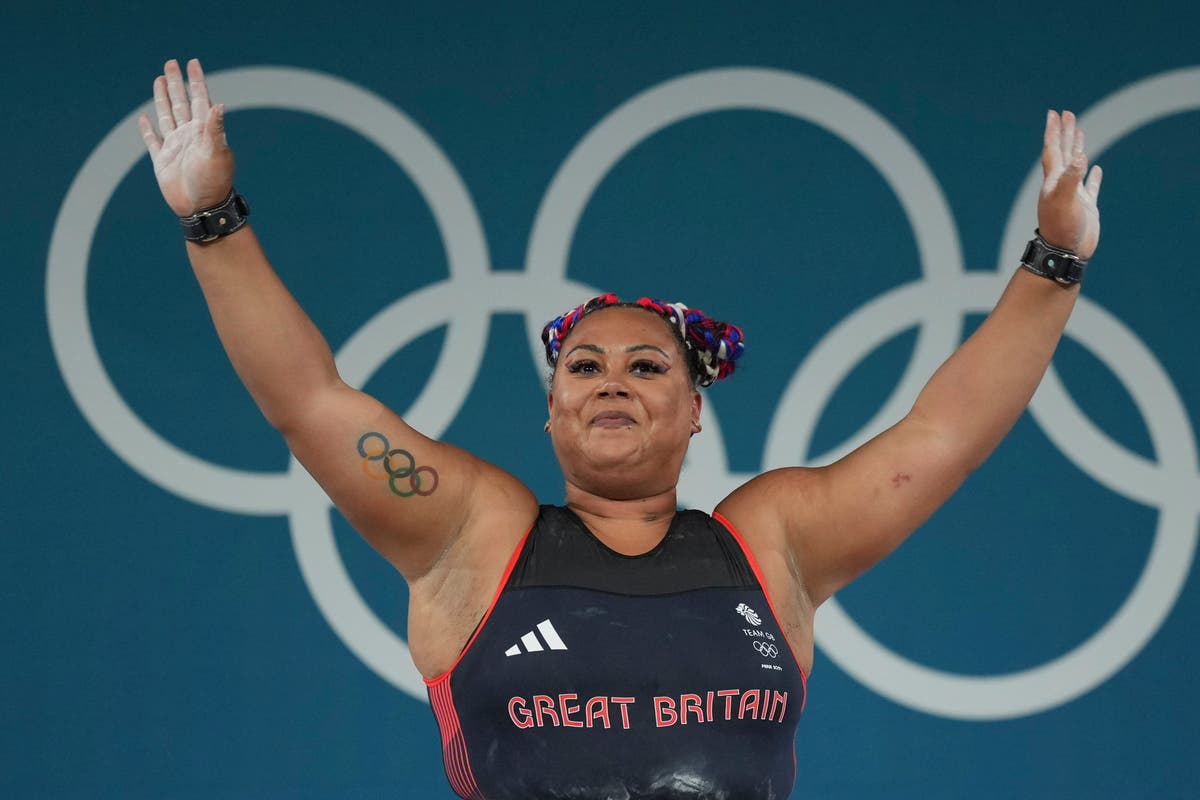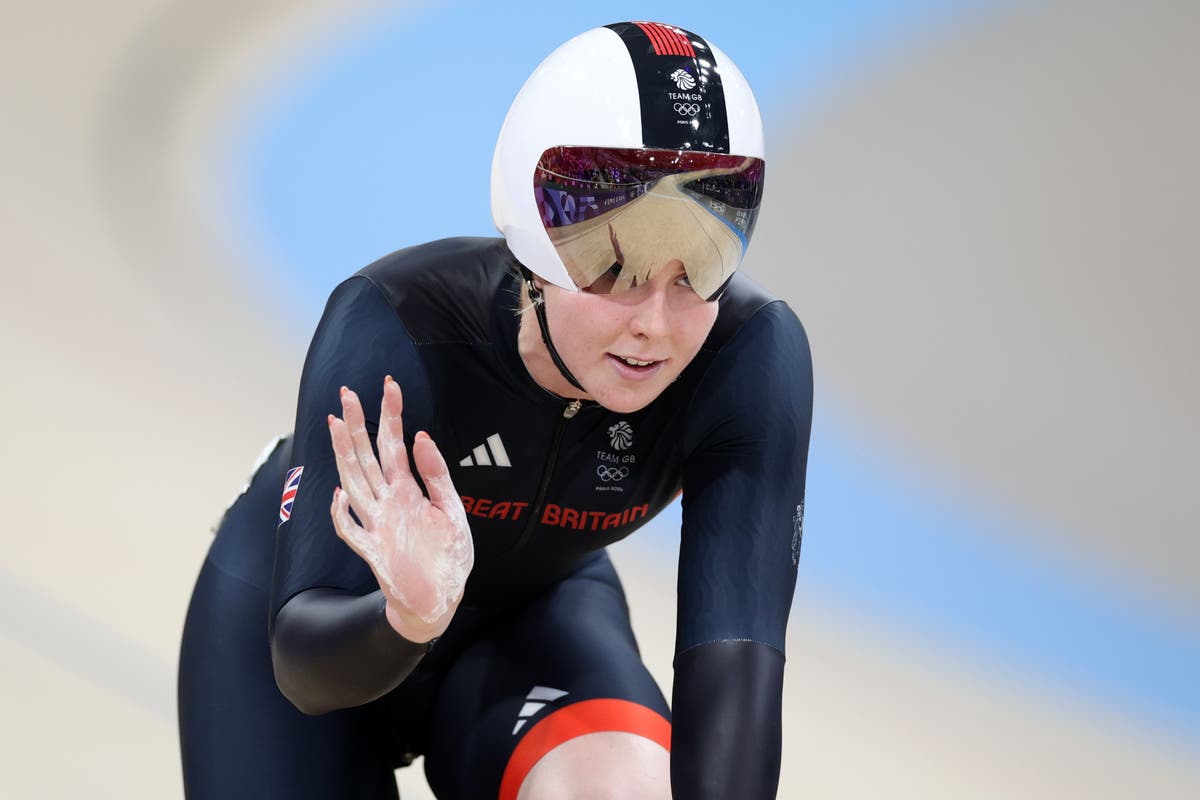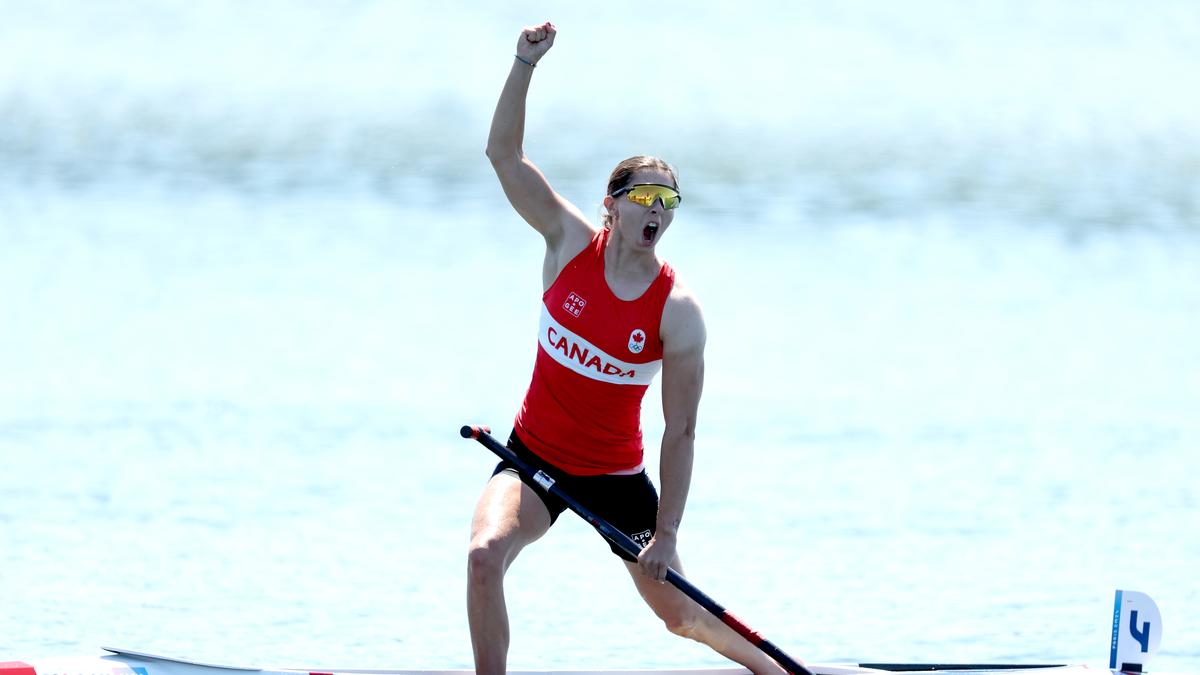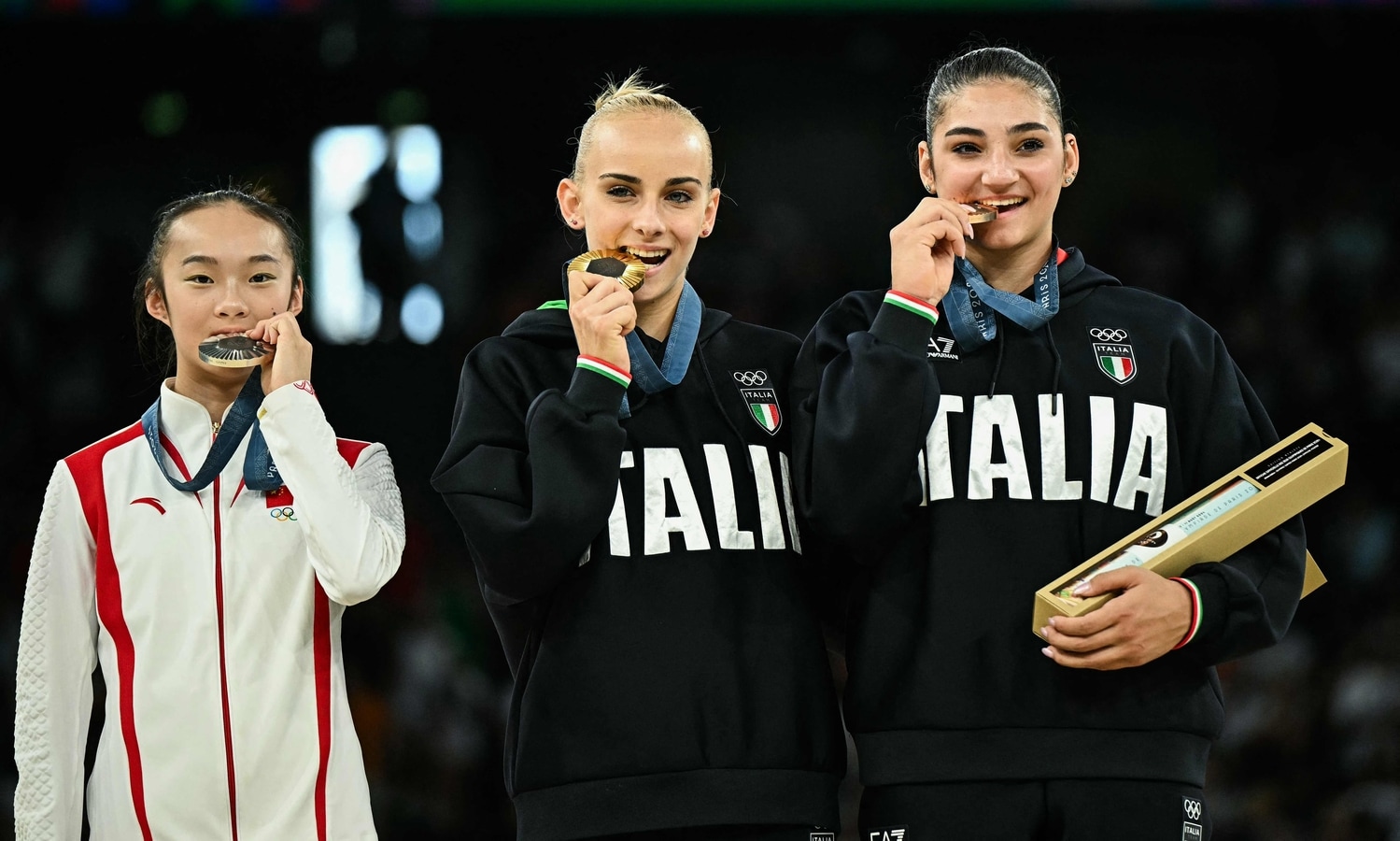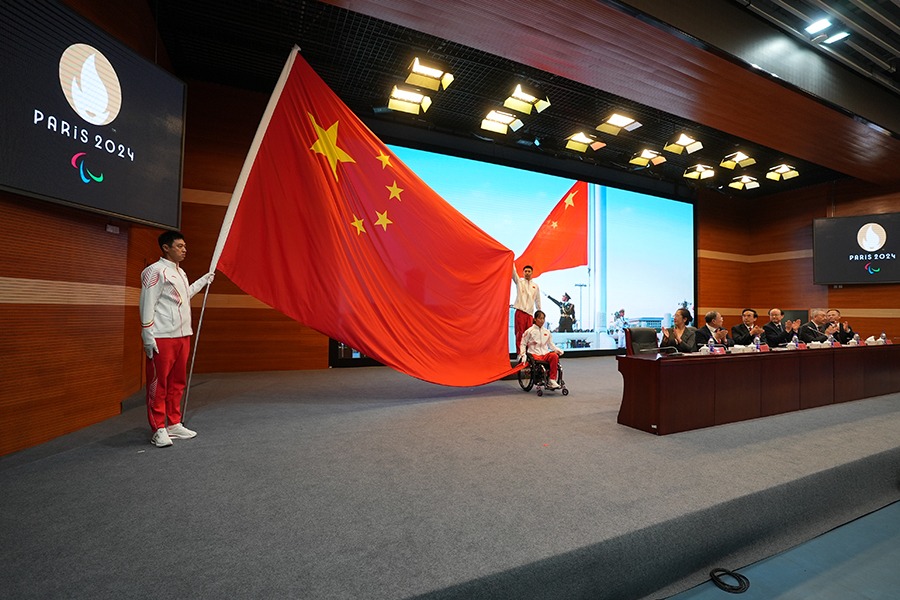Simone Manuel returns from overtraining syndrome with her eyes on Paris Olympics
Associated PressATLANTA — As Simone Manuel zig-zags her way through a cramped deck brimming with swimmers, she’s reminded there are still some things she finds annoying about her sport. “I think in my mind I was like, ‘I don’t have to put myself in a position to be vulnerable in front of the world again, just for them to not accept that what happened to me was real and that this is not an excuse.’” Experts say overtraining syndrome — also known as burnout — is a very real concern for all top-level athletes, who must walk that very thin line between working harder than their competitors without reaching the point of diminishing returns. “One of the tell-tale signs is a decline in performance.” That’s just what happened to Manuel, who had always figured — like so many of her fellow athletes as well as coaches — that the only way to keep improving was to push her body even more. “But that’s hard for an athlete who is working toward a goal, especially when there’s not that instant gratification.” Proper nutrition and adequate recovery time are vital in preventing overtraining syndrome. “I’ve always been very in tune with my body in regards to swimming, but I’ve just learned it’s really important to take a breath,” Manuel said.
History of this topic
Simone Manuel flops in the 50 free, fails to advance out of the heats in Olympic swimming
Associated Press
These Olympic Athletes Were At Their Breaking Point. Here’s How They’re Changing Their Approach In Paris.
Huff PostDiscover Related



